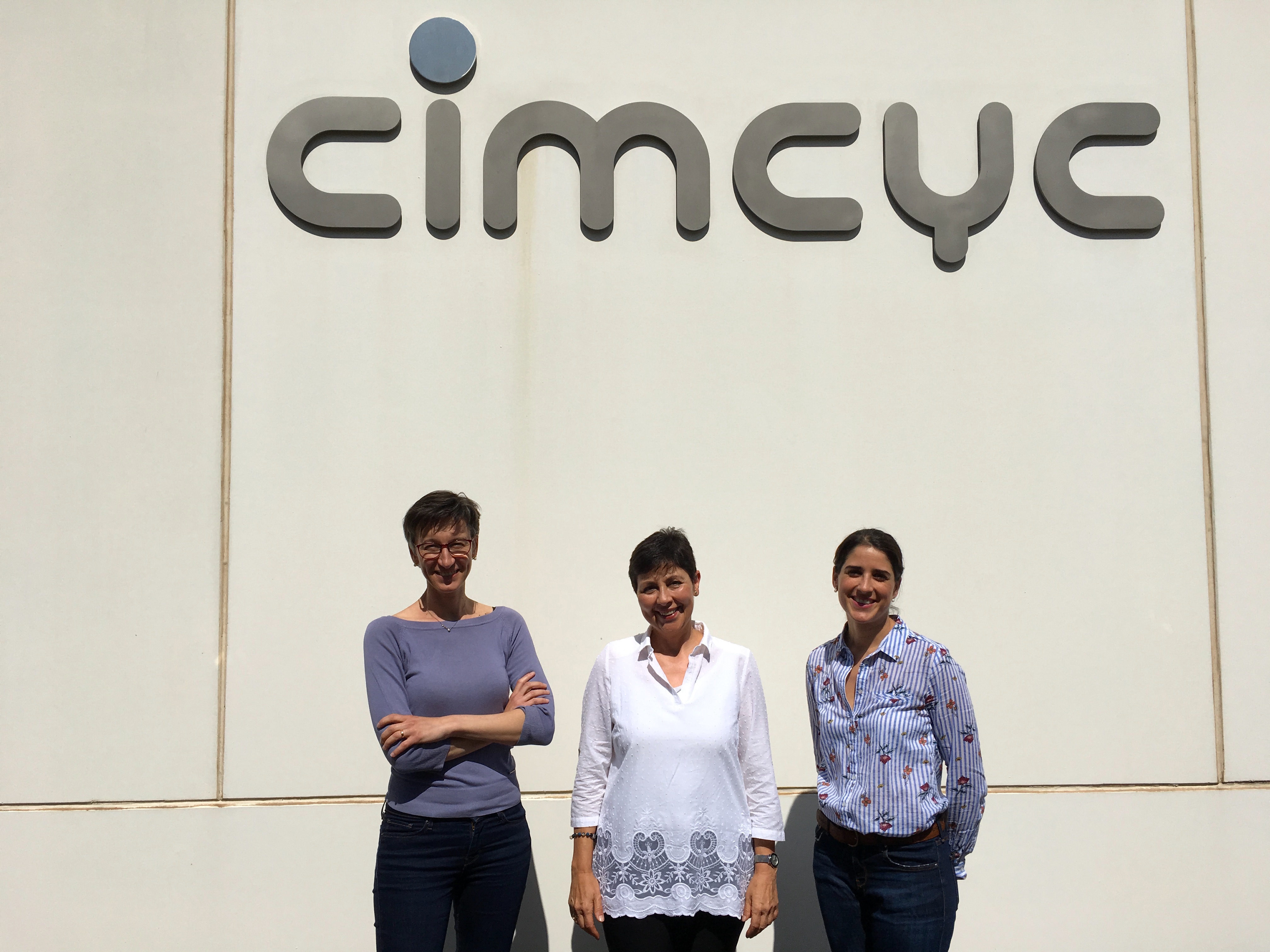
Researchers from the University of Granada’s Mind, Brain and Behaviour Research Centre (CIMCYC) and the Faculty of Economics and Business have proven that adolescents who suffer from obesity derive less enjoyment from food than those who are of normal weight. In addition, their work reveals that even trivial restrictions on food intake (that is, temporary diets) are associated with a reduction in pleasure.
To undertake the research, published in the journal Food Quality and Preference, a large sample of 552 adolescents between 11 and 17 years old from several secondary schools in Granada had their emotional reactions analysed while viewing images of sweet foods.
The researchers observed that those adolescents who reported different types of dietary restrictions (different types of dieting, dieting very often, skipping breakfast, eating less frequently, etc.), along with those who were obese and those who had unhealthy behaviours unrelated to food (such as smoking or getting insufficient sleep) felt less desire to eat the highly appetising foods they were looking at (sweets, donuts, ice creams, chocolate crêpes, etc.).
As Laura Miccoli, the main author of this study, explains: “Adolescence, typically associated with greater body dissatisfaction, is a key stage for the development of risky eating behaviours, related both to uncontrolled restrictions on food intake – which may lead to the development of eating disorders – and to the stabilization of overweight and obesity.” Hence the importance of studies that approach both of these food‑related disorders from an integrative perspective.
A pioneering study
Not in vain, the research led by the UGR is the first study that has examined the feelings of adolescents toward sweet food cues, based on a constellation of risk behaviours related to both obesity and eating disorders.
In light of the results obtained, the UGR scientists point out that those adolescents who feel more pleasure or enjoyment when eating “have a healthy relationship with food, and this pleasure may be a possible protective factor against eating and weight‑related disorders.”
Therefore, Miccoli adds, “consistent with recent prevention strategies, it is important to change the current perspective on the enjoyment of food in order to prevent obesity, banishing the idea that we should avoid the pleasure derived from eating. On the contrary, we should take advantage of it and make the enjoyment of food – the ‘slow food movement’ – a tool for healthy eating.”
Bibliographic reference:
Miccoli, Laura, Martínez‑Fiestas, Myriam, Delgado‑Rodríguez, Rafael, Díaz‑Ferrer, Sandra, Rodríguez‑Ruiz, Sonia, & Fernández‑Santaella, M. Carmen (2018). Adolescent emotions toward sweet food cues as a function of obesity and risky dieting practices. Food Quality and Preference, 68, 205‑214.
DOI: 10.1016/j.foodqual.2018.03.006

Contact info:
Laura Miccoli
Mind, Brain and Behaviour Research Centre (CIMCYC), University of Granada
Phone number: (+34) 958 249 543
E‑mail: @email



